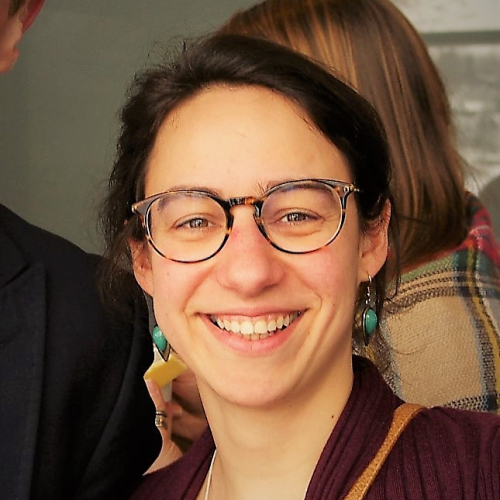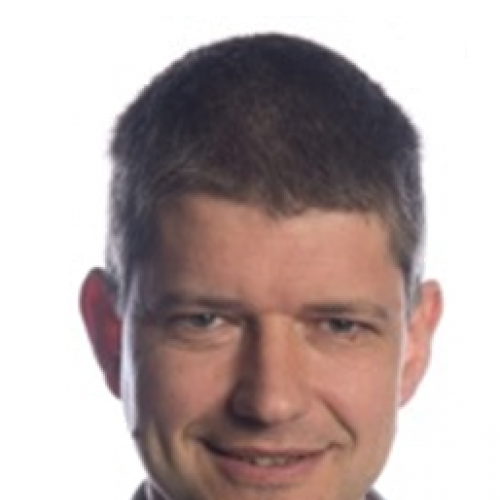The wastewater sector is going through a profound transformation with energy efficiency and resource recovery as key priorities in wastewater treatment plants (WWTP) and these installations started to be perceived as Water Resource Recovery Facilities (WRRF).
Under this context, the exploitation of data through artificial intelligence tools with the objective of accelerating the transition of WWTP to WRRF has not been fully addressed yet. When compared to treatment technologies, the deployment of AI-powered tools in production is much faster and, therefore, provides immediate benefits. In that sense, three main barriers have been identified in this domain: i) Mechanistic mathematical models involve complex formulations and specific terminology that are difficult to understand for plant operators; ii) WRRF are harsh environments with strong impact on the quality of data; iii) Essential information in WRRFs is limited and not continuously available.
In particular, to overcome these challenges, DARROW will build and demonstrate into an operational environment, an innovative, optimised, modular, and flexible data-driven AI solution to make existing WWTP more autonomous, more
energy efficient and better prepared for their transformation into WRRF. DARROW will take advantage of existing AI & Data analysis techniques with the final objective of contributing to a greener planet by: i) Reducing energy consumption of WRRF; ii) Reducing Greenhouse Gas Emissions of WRRF; iii) Increasing Resource Recovery iv) Improving water quality.To do so, DARROW gathers the necessary experience, knowledge and resources through a multi-stakeholder approach that covers the whole value chain of the project. It consists of a multidisciplinary team of 8 entities from 4 different EU countries (Spain, Belgium, Germany and Netherlands), among which, 3 RTOs, 1 university, 1 NPO, and 3 SMEs to ensure market exploitation (2 industrial companies and 1 water company).
Elena Torfs

